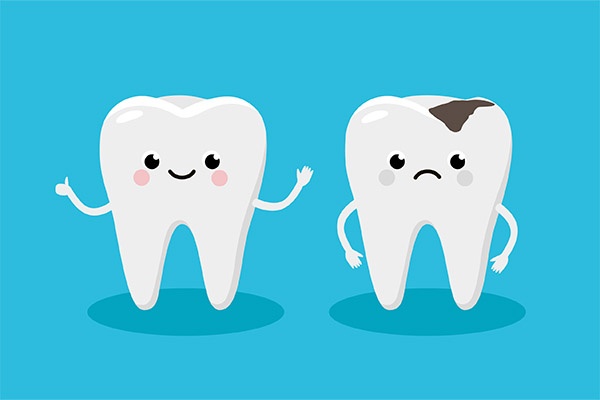 Understanding the dental issues your pediatric dentist can treat will give you peace of mind. Children tend to be prone to falls and bumps. They are fond of sweets, and their teeth are still developing. Catching and treating pediatric dental issues early is important for your child’s dental health. If you want to know the common dental issues your pediatric dentist treats, here are the details.
Understanding the dental issues your pediatric dentist can treat will give you peace of mind. Children tend to be prone to falls and bumps. They are fond of sweets, and their teeth are still developing. Catching and treating pediatric dental issues early is important for your child’s dental health. If you want to know the common dental issues your pediatric dentist treats, here are the details.
Dental emergencies
This type of problem can happen anywhere, anytime. Roughhousing, playing in the yard, running around the house or falling from a height can all lead to a dental accident. The child could have dental cracking, chipping, or breaking. A tooth may even be knocked out.
A knocked-out baby tooth is not a major issue at all. It is a dental emergency if the permanent tooth falls out. Retrieving the tooth right away can increase the possibility of replacing it. Placing it in milk is the most optimal way to keep it moist and viable. The pediatric dentist may still be able to return the tooth into its socket. The tooth roots may establish again with a retainer.
Tooth decay
It is common for children to lack dedication in flossing and brushing without the watchful eye of an adult. A sugar-rich diet does not help the cavity situation as well. Acids from plaque deteriorate the enamel coating. This will create holes in the tooth. Without treatment, the holes will turn into large cavities.
Parents or guardians must watch while the children brush. They can help the kids hold a toothbrush with a firm grip. Thorough brushing at a young age can help prevent tooth decay. A pediatric dentist can check for cavities. Filling the affected teeth can stop the cavities from worsening. A hard composite, tooth-colored material can do the job.
Misalignment of teeth or jaws
It is rare for children to have straight teeth. A pediatric dentist can check the child’s teeth and suggest the right orthodontic treatment. This will help the child gain a straight smile. Orthodontic issues may take time to complete. Once the child’s teeth straighten, the child will have cleaner, brighter teeth.
Excessive thumb or pacifier sucking
Sucking the thumb or a pacifier is often a way for young children to self-soothe. This becomes a habit during naps or evening sleep. It can be an issue when the child continues to suck a pacifier or thumb beyond toddler age. The habit causes an open bite. This orthodontic problem does not allow the upper and lower teeth to come together. It leaves a gap when the mouth closes, making it difficult for the child to speak and eat.
A pediatric dentist can help the parent stop this habit without causing a negative reaction. Presenting an alternative to the pacifier or substituting a toy for it can help the child stop the habit. Distracting the child with some vigorous and fun activity will take his or her mind off from sucking a pacifier. An experienced pediatric dentist can create a fun dental checkup to motivate the child to focus on dental health.
Your pediatric dentist can treat common pediatric dental issues
Any child is prone to dental issues. Cavities, orthodontic issues, dental accidents, and anxiety can cause you and your child stress. Bringing your child to an experienced pediatric dentist can help correct the problem right away. Timely solutions can prevent complications and future oral problems.
Request an appointment or call Nett Pediatric Dentistry & Orthodontics at 623-759-7658 for an appointment in our Phoenix office.
Recent Posts
Regular visits to a pediatric dentist who specializes in young patients are an important part of establishing good oral health practices. Many instances of severe dental conditions in children stem from either a lack of regard for proper hygiene or a lack of knowledge on the proper ways to care for a child's teeth. Check…
Pediatric dental care supports children's health, comfort, and development. Not only does it strive to detect and treat oral health problems early, but it also desensitizes children to dental visits to make each experience more comfortable. This special care and attention can motivate children to take good care of their teeth from a young age.Dental…
Cavity treatment for kids is a chief concern among parents, and for a good reason. Cavities are common in children of all ages. According to the Centers for Disease Control and Prevention, over half of the kids ages 6 to 8 have had at least one cavity in a primary tooth. The good news is…


